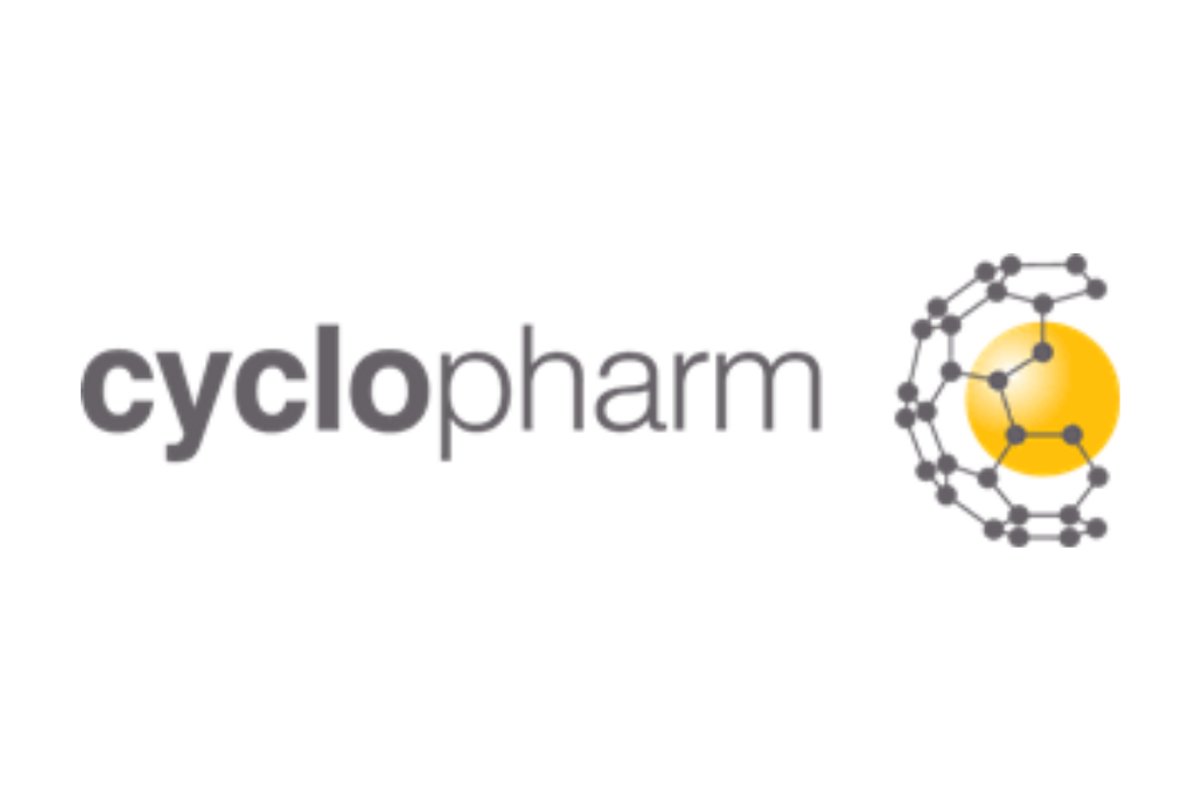This corrects and replaces the release that was disseminated earlier today
Lack of OHE-specific diagnostic code in hospitals may increase risk of additional cost, length of hospitalization and additional burdens for patients compared to those with a previous primary OHE diagnosis
Bausch Health Companies Inc. (NYSETSX:BHC) and its gastroenterology business, Salix Pharmaceuticals, today announced findings from a descriptive analysis of a hospital database (October 2015-June 2022) showing that the absence of an overt hepatic encephalopathy-specific diagnosis code may have resulted in increased OHE-related length of stay (LOS) and hospitalization-related costs due to OHE rate underestimation. The analysis of hospital data showed that OHE hospitalizations identified using in-hospital Xifaxan® (rifaximin) or lactulose use combined with a diagnosis for altered mental status, unspecified encephalopathy, or cirrhosis, had a mean hospital billing charge 2.5 times higher and mean length of stay (LOS) 2.0 times longer than solely relying on OHE as a primary diagnosis. Findings from the analysis, "Systematic undercounting of overt hepatic encephalopathy hospitalizations identified by using hospital-administered medication data," will be presented during the American Association for the Study of Liver Diseases (AASLD) The Liver Meeting
"OHE is a serious complication of hepatic impairment and the absence of an OHE-specific ICD-10 code often led to underestimation of hospitalizations and overall economic burden of OHE. Findings from this analysis of hospital databases indicate that an OHE event identified using in-hospital rifaximin or lactulose in conjunction with diagnosis codes for altered mental status, unspecified encephalopathy, or cirrhosis, rather than solely relying on OHE as a primary diagnosis code only, was costlier and associated with a longer length of hospital stay. This analysis highlights that the absence of a specific ICD-10 code may lead to potential underestimation of the burden of OHE." said Arun Jesudian, MD, Director of Inpatient Liver Services at NYPH/Weill Cornell in New York who led the analysis.
This analysis identified OHE hospitalizations using two definitions: OHE as a primary diagnosis (definition 1), or in-hospital rifaximin or lactulose use combined with a diagnosis for altered mental status, unspecified encephalopathy, or cirrhosis (definition 2). There were approximately 3.0 times additional OHE hospitalizations identified based on definition 2 (N=99,217) compared to definition 1 (N=33,127). OHE hospitalizations based on definition 2 had a mean hospital billing charge 2.5 times higher ($139,870 vs $56,648) and a mean LOS 2.0 times longer (10.4 days vs 5.2 days) than those based on definition 1. Patients admitted to the hospital under definition 2 received in-hospital first dose treatment with rifaximin within an average of 2.6 days, compared to patients admitted under definition 1 who received treatment within an average of 0.7 days. Findings from this study highlight that the burden of OHE (rate, length of stay and associated costs) has been likely underestimated.
"At Salix, our priority is improving the patient journey by ensuring patients receive the critical medicines they may need," said Nicola Kayel, Senior Vice President, Marketing, Salix. "By increasing awareness of OHE, more patients will avoid the unnecessary burdens of increased hospital-related costs and length of stays. We hope the recent implementation of K76.82 as an OHE-specific ICD-10 code will ensure a clearer identification of patients in order to reduce these burdens on patients and allow them to receive the proper care they need."
OHE hospitalizations were identified in the PINC AI™ Healthcare Database (PHD; 2015-2022) with 33,127 patients being treated for OHE versus 99,217 OHE hospitalizations classified as in-hospital rifaximin/lactulose use combined with a diagnosis for altered mental status, unspecified encephalopathy, or cirrhosis. Hospitalizations with a diagnosis for other rifaximin indications were excluded.
About XIFAXAN
XIFAXAN® (rifaximin) 550 mg tablets are indicated for the reduction in risk of overt hepatic encephalopathy (HE) recurrence in adults and for the treatment of irritable bowel syndrome with diarrhea (IBS-D) in adults.
IMPORTANT SAFETY INFORMATION
- XIFAXAN is contraindicated in patients with a hypersensitivity to rifaximin, rifamycin antimicrobial agents, or any of the components in XIFAXAN. Hypersensitivity reactions have included exfoliative dermatitis, angioneurotic edema, and anaphylaxis.
- Clostridium difficile-associated diarrhea (CDAD) has been reported with use of nearly all antibacterial agents, including XIFAXAN, and may range in severity from mild diarrhea to fatal colitis. If CDAD is suspected or confirmed, ongoing antibiotic use not directed against C. difficile may need to be discontinued.
- There is an increased systemic exposure in patients with severe (Child-Pugh Class C) hepatic impairment. Caution should be exercised when administering XIFAXAN to these patients.
- Caution should be exercised when concomitant use of XIFAXAN and P-glycoprotein (P-gp) and/or OATPs inhibitors is needed. Concomitant administration of cyclosporine, an inhibitor of P-gp and OATPs, significantly increased the systemic exposure of rifaximin. In patients with hepatic impairment, a potential additive effect of reduced metabolism and concomitant P-gp inhibitors may further increase the systemic exposure to rifaximin.
- In clinical studies, the most common adverse reactions for XIFAXAN (alone or in combination with lactulose) were:
- HE (≥10%): Peripheral edema (17%), constipation (16%), nausea (15%), fatigue (14%), insomnia (14%), ascites (13%), dizziness (13%), urinary tract infection (12%), anemia (10%), and pruritus (10%)
- IBS-D (≥2%): Nausea (3%), ALT increased (2%)
- INR changes have been reported in patients receiving rifaximin and warfarin concomitantly. Monitor INR and prothrombin time. Dose adjustment of warfarin may be required.
- XIFAXAN may cause fetal harm. Advise pregnant women of the potential risk to a fetus.
To report SUSPECTED ADVERSE REACTIONS, contact Salix Pharmaceuticals at 1-800-321-4576 or FDA at 1-800-FDA-1088 or www.fda.gov/medwatch.
Please click here for full Prescribing Information.
About Salix
Salix Pharmaceuticals is one of the largest specialty pharmaceutical companies in the world committed to the prevention and treatment of gastrointestinal diseases. For more than 30 years, Salix has licensed, developed and marketed innovative products to improve patients' lives and arm health care providers with life-changing solutions for many chronic and debilitating conditions. Salix currently markets its product line to U.S. health care providers through an expanded sales force that focuses on gastroenterology, hepatology, pain specialists and primary care. Salix is headquartered in Bridgewater, New Jersey. For more information about Salix, visit www.Salix.com and connect with us on Twitter and LinkedIn.
About Bausch Health
Bausch Health Companies Inc. (NYSE/TSX: BHC) is a global diversified pharmaceutical company whose mission is to improve people's lives with our health care products. We develop, manufacture and market a range of products primarily in gastroenterology, hepatology, neurology, dermatology, international pharmaceuticals and eye health, through our controlling ownership of Bausch + Lomb Corporation. With our leading durable brands, we are delivering on our commitments as we build an innovative company dedicated to advancing global health. For more information, visit www.bauschhealth.com and connect with us on Twitter and LinkedIn.
The XIFAXAN 550 mg product and the XIFAXAN trademark are licensed by Alfasigma S.p.A. to Salix Pharmaceuticals or its affiliates.
©2023 Salix Pharmaceuticals or its affiliates.
XIF.0203.USA.23
Investor Contact:
ir@bauschhealth.com
(877) 281-6642 (toll-free)
Media Contact:
Kevin Wiggins
corporate.communications@bauschhealth.com
(908) 541-3785
Gianna Scalera
salixcommunications@bauschhealth.com
(908) 541-2110
SOURCE: Bausch Health Companies Inc.
View source version on accesswire.com:
https://www.accesswire.com/802229/correction-by-source-the-absence-of-an-overt-hepatic-encephalopathy-ohe-specific-diagnosis-code-may-result-in-increased-ohe-related-length-of-stay-and-hospitalization-related-costs-due-to-ohe-rate-underestimation-according-to-new-analysis





